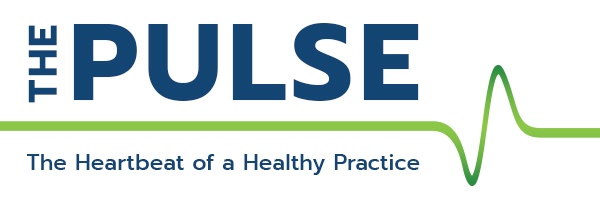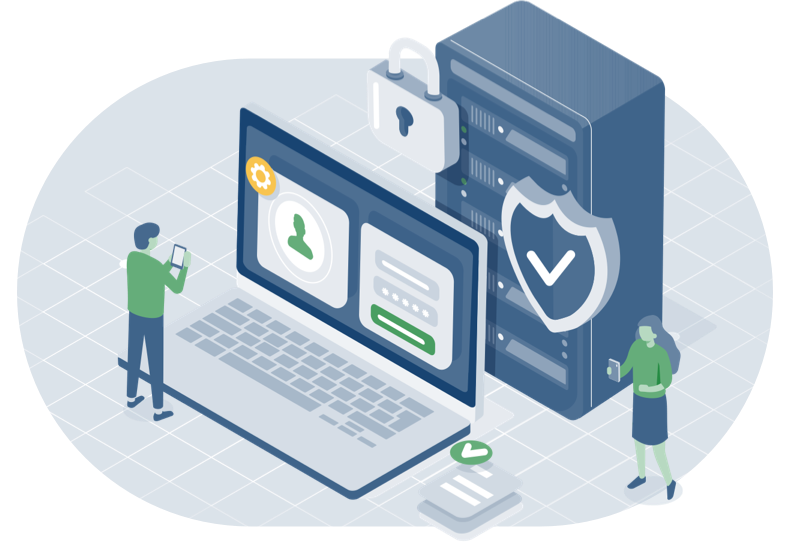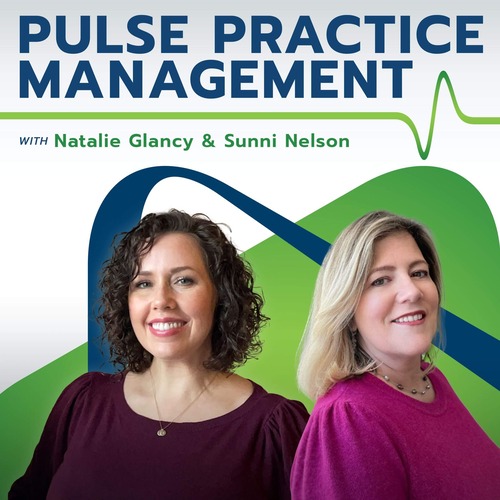
In This Issue of The Pulse:

- Compliance
- Billing
- Ask The Experts
- Links
Compliance
How Important Is HIPAA Training For Your Organization?
As practice improvement coaches, it is common for us to see healthcare practices that have not provided HIPAA training for their employees beyond “You know what HIPAA is, right? Don’t give out anyone’s personal information.”Developing a training program, or using an online resource, is a must for training new staff and existing employees. According to the HIPAA Privacy Rule, “A Covered Entity must train all members of its workforce on the policies and procedures with respect to protected health information required by this subpart and subpart D of this part, as necessary and appropriate for the members of the workforce to carry out their functions within the Covered Entity.”

This means your employees need more than a reminder of a form they sign when they go to the doctor! Employees should be trained to recognize privacy breaches and how to avoid them. They should know the importance of protecting website logins and patient information and how to file and destroy documents properly. It is also important for them to realize the ramifications of violating the HIPAA rules. It only takes one person working in your practice that does not realize they are not allowed to share information with the patient's spouse or send data electronically without using secure email to have a violation. Things like this are very important to protect your patients and your practice.
The Privacy Rule does not specifically say how often employees should complete HIPAA training, but it does state it should be done periodically. When you hire a new employee, you must train them when they start. We suggest annual training for your staff. So, ensure you provide that training to your employees, and if you have any questions or need assistance with the training, please let us know!
Billing
What Is The Difference In Eligibility, Prior Authorizations, and Referrals?
Eligibility - This confirms insurance is active on the date of service you are checking eligibility. This does NOT confirm payment or that the service(s) is covered. There are occasions when eligibility is confirmed, the member loses their job or doesn’t pay their premium, and insurance will deny the claim. When checking eligibility, you need to record the method of verifying coverage. If you speak with someone on the phone, get their name and a reference number. If you check online, capture it electronically and save it in the patient's record for future reference.

Prior Authorizations - This comes from the patient’s insurance company and states the service to perform has been authorized by them to qualify for procedure coverage. This must happen prior to the service being rendered and also does not ensure payment will be made.
Referrals - This comes from the patient's primary care provider. A referral is needed when a patient has an HMO plan and needs to see a specialist. This is a written order from the patient's Primary Care Provider referring them to the specialist for care.
Ask The Experts At Applied Medical Systems
Question:
Why is it so important to scan the front and back of insurance cards? We get the member ID, so why do we need the back?

Answer:
On the back of insurance cards, while they may all look the same, can have pertinent information needed to file claims. The claims mailing address and electronic payer ID will be on the back and sometimes differ from what you typically see for a certain payer.

